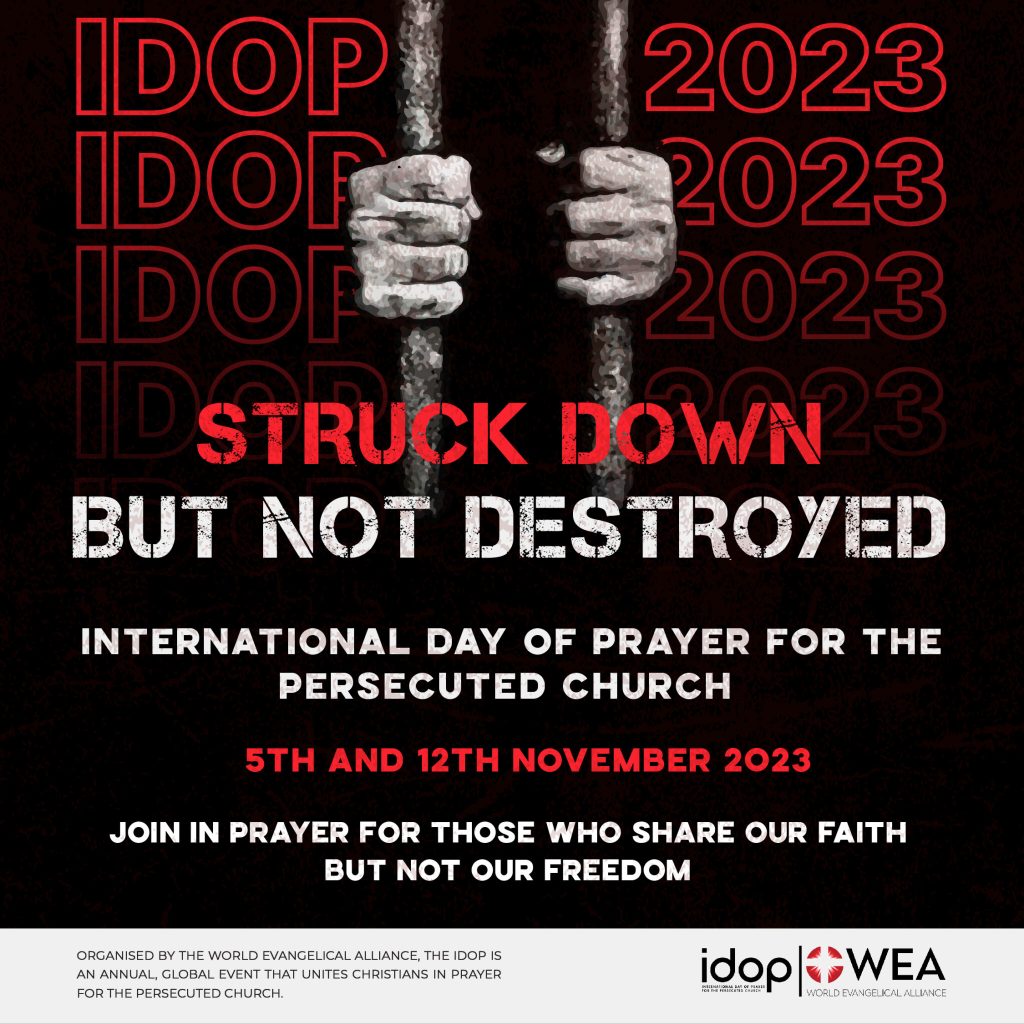
Several years ago, I read a book that really challenged me regarding experiencing joy in life. According to the author, Andy Andrews, a grateful spirit is a powerful deterrent against self-pity, writing, “the seeds of depression cannot take root in a grateful heart.”
Often, we find ourselves complaining about seemingly mundane aspects of life when we should really be grateful. For instance, instead of complaining about a sink piled high with dishes, we should be thankful for the shared meal with dear friends. Likewise, household chores and the physical strain of a hard day’s work should be seen as reasons for gratitude, acknowledging the privilege of having a home and the ability to work.
When we really think about it, we have much to be thankful for.
This past summer we were able to go to South Africa. And once again I was challenged by the children. I have been to some of the poorest places in the world. Despite having nothing, the children in these places radiate unparalleled joy. It is humbling to see the depth of true joy and gratefulness.
In our society today, thanksgiving is treated as an interfaith holiday or perhaps even a faith-optional holiday. But looking back to the pages of History, we know that the original thanksgiving celebration was dedicated to thanking God for his provision and protection.
Thanksgiving is all about God, and recognizing who he is and all the blessings he has freely given us (see James 1:17)
“The worst moment for the atheist is when he is really thankful and has nobody to thank”.
Dante Rossetti.
Psalm 105 begins with the line, “O Give thanks to the Lord…”
But true gratitude is more than simply thankfulness, it is acknowledging and praising God for His attributes. The Psalmist is not simply thankful for the blessings, he is thankful for the attributes of the Giver Himself. Spending time thanking God should always lead to worship.
Not only does thanksgiving lead to worship, it also leads to making the works of the Lord known as we read in the second parts of verse 1 and 2. If we are thankful to God for what He has done for us, we will be compelled to share the Good news of salvation with those around us. A heart for missions is driven by a heart of gratitude.
Verses 3 and 4 emphasize that thanksgiving will lead to worship and declaring the attributes of God. We as His children can become so wrapped up in what we need from God and we become so focused on the mighty hand of God that we seldom seek the face of God. James 4:3 is a clear reminder that we need to check our motives before coming to God in prayer.
As we seek the face of God, we see his attributes. To be truly thankful, we need to meditate on the nature and character of God.
Thanksgiving is a wonderful time to remember what the hand of God has provided for us and in so doing we begin to praise him and declare his attributes.
God has made a way through the death and resurrection of Jesus for us to know Him. To have a close relationship with Him. The Psalmist encourages us to seek the Lord.
The Psalm continues in verse 5, with a call to remember the works of God. This is not simply remembering the facts of what happened, but it is a call to meditate on the wonders that God has done. The Psalmist is saying to the people, slow down, stop what you are doing and hit the pause button and dwell on what God has done.
Then in verse 6 the Psalmist reminds the people of their identity, as the chosen people of God. And we are included in this reminder. We as followers of Jesus Christ, sometimes forget who’s we are. We have so much to be thankful for because the creator of the universe calls us his own special possession (see 1 Peter 2:9).
Everything that we have on this earth, all the many material blessings will one day pass away. Only one blessing from God is infinitely more valuable than any other, the gift of His Son, Jesus Christ.
Jesus came to suffer and die on the cross, in order that whoever believes in the risen Lord Jesus Christ will have eternal life. That is something we are grateful for today.
But what if you are suffering today? You might be enduring financial, emotional or physical trials. How do we live with thanksgiving through hardship?
George Matheson was a well-known Scottish preacher in the mid to late 1800’s. He suffered terribly from poor eyesight and eventually total blindness at a young age. He once wrote the following in response to his suffering. “My God, I have never thanked thee for my thorn. I have thanked thee a thousand times for my roses, but never once for my thorn. I have been looking forward to a world where I shall get compensation for my cross; teach me the value of my thorn. Show me that I have climbed to thee by the path of pain. Show me that my tears have made my rainbow.”
What thorn do you have in your life today?
To thank God for the thorn takes faith and an eternal perspective. He is making a rainbow out of your tears.
If we as believers are grateful for the suffering Jesus endured on the cross, then we must pray that we would be grateful for the suffering that God allows in our lives, that brings the beauty of the cross to those who watch us endure with thanksgiving.
“Rejoice always, pray without ceasing, give thanks in all circumstances; for this is the will of God in Christ Jesus for you.” 1 Thessalonians 5:16-18



